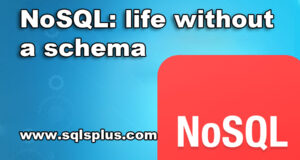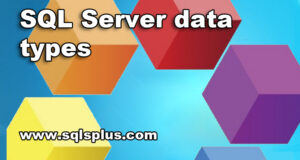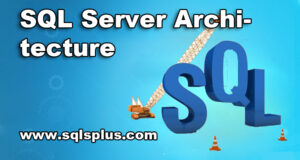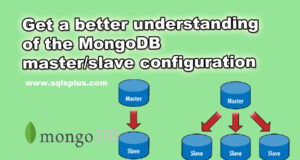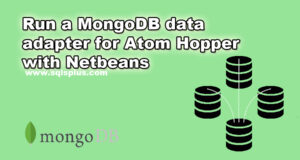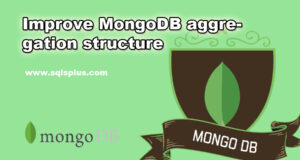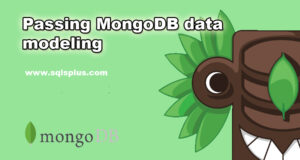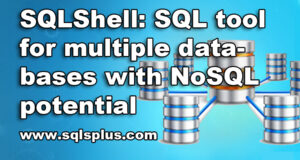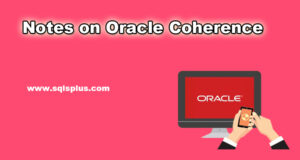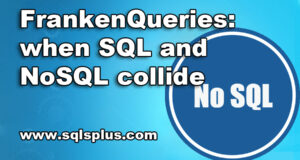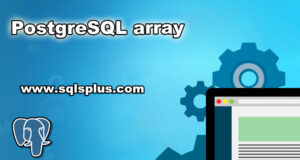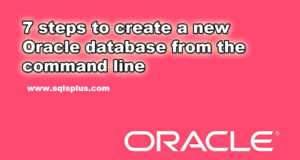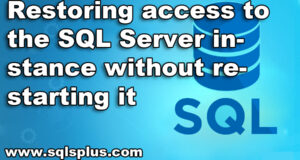| Column | Description |
|---|---|
| USERNAME | Name of user |
| USER_ID | Numerical identifier assigned to the user |
| PASSWORD | password |
| ACCOUNT_STATUS | User status:
|
| LOCK_DATE | The date on which the user was blocked (if applicable) |
| EXPIRY_DATE | User term |
| DEFAULT_TABLESPACE | User’s table space, by default |
| TEMPORARY_TABLESPACE | Temporary table space for user |
| CREATED | Date when the user was created |
| PROFILE | User share profile name |
| INITIAL_RSRC_CONSUMER_GROUP | Initial consumer group resource for user |
| EXTERNAL_NAME | External user name |
| PASSWORD_VERSIONS | Password hash versions list |
| EDITIONS_ENABLED | Y/N shows the version that was enabled for the user |
| AUTHENTICATION_TYPE | Authentication method for the user |
| PROXY_ONLY_CONNECT | Y/N, indicating whether the user can connect directly or only through a proxy server |
| COMMON | Y/N, indicating whether the user is sharing |
| LAST_LOGIN | Last login time |
| ORACLE_MAINTAINED | Y/N, indicating whether the user created and supported Oracle scripts |
REQUEST COMPLIMENTARY SQLS*PLUS LICENCE
Find Users in Oracle
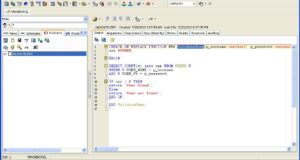
You can find users created in Oracle by performing a command line query. User information is stored in various system tables – ALL_USERS and DBA_USERS, depending on what user information you want to get.
ALL_USERS
If you need to find all users that are visible to current users, you can query the ALL_USERS table.
Syntax to extract user information from ALL_USERS table in Oracle/PLSQL
SELECT *
FROM ALL_USERS;
Table ALL_USERS contains the following columns:
| Column | Description |
|---|---|
| USERNAME | Username |
| USER_ID | Numerical identifier assigned to the user |
| CREATED | Date when the user was created |
DBA_USERS
If you need to find all users that exist in Oracle or need additional user information, there is another system table called DBA_USERS.
Syntax to extract user information from DBA_USERS table in Oracle/PLSQL:
SELECT *
FROM DBA_USERS;
The DBA_USERS table contains the following columns:
How to Find Username and Password of User Account in Oracle Database
MORE NEWS
PreambleNoSql is not a replacement for SQL databases but is a valid alternative for many situations where standard SQL is not the best approach for...
PreambleMongoDB Conditional operators specify a condition to which the value of the document field shall correspond.Comparison Query Operators $eq...
5 Database management trends impacting database administrationIn the realm of database management systems, moreover half (52%) of your competitors feel...
The data type is defined as the type of data that any column or variable can store in MS SQL Server. What is the data type? When you create any table or...
PreambleMS SQL Server is a client-server architecture. MS SQL Server process starts with the client application sending a query.SQL Server accepts,...
First the basics: what is the master/slave?One database server (“master”) responds and can do anything. A lot of other database servers store copies of all...
PreambleAtom Hopper (based on Apache Abdera) for those who may not know is an open-source project sponsored by Rackspace. Today we will figure out how to...
PreambleMongoDB recently introduced its new aggregation structure. This structure provides a simpler solution for calculating aggregated values rather...
FlexibilityOne of the most advertised features of MongoDB is its flexibility. Flexibility, however, is a double-edged sword. More flexibility means more...
PreambleSQLShell is a cross-platform command-line tool for SQL, similar to psql for PostgreSQL or MySQL command-line tool for MySQL.Why use it?If you...
PreambleWriting an application on top of the framework on top of the driver on top of the database is a bit like a game on the phone: you say “insert...
PreambleOracle Coherence is a distributed cache that is functionally comparable with Memcached. In addition to the basic function of the API cache, it...
PreambleIBM pureXML, a proprietary XML database built on a relational mechanism (designed for puns) that offers both relational ( SQL / XML ) and...
What is PostgreSQL array? In PostgreSQL we can define a column as an array of valid data types. The data type can be built-in, custom or enumerated....
PreambleIf you are a Linux sysadmin or developer, there comes a time when you need to manage an Oracle database that can work in your environment.In this...
PreambleStarting with Microsoft SQL Server 2008, by default, the group of local administrators is no longer added to SQL Server administrators during the...

